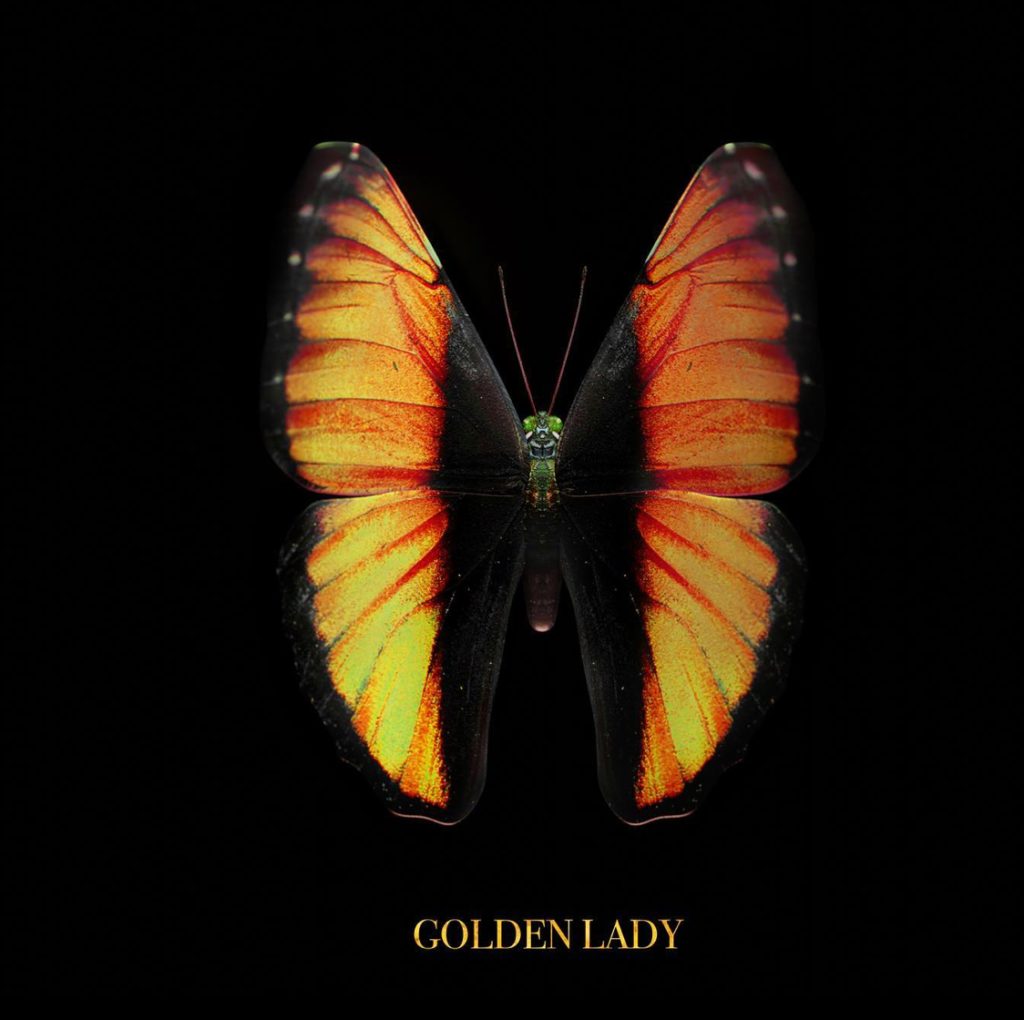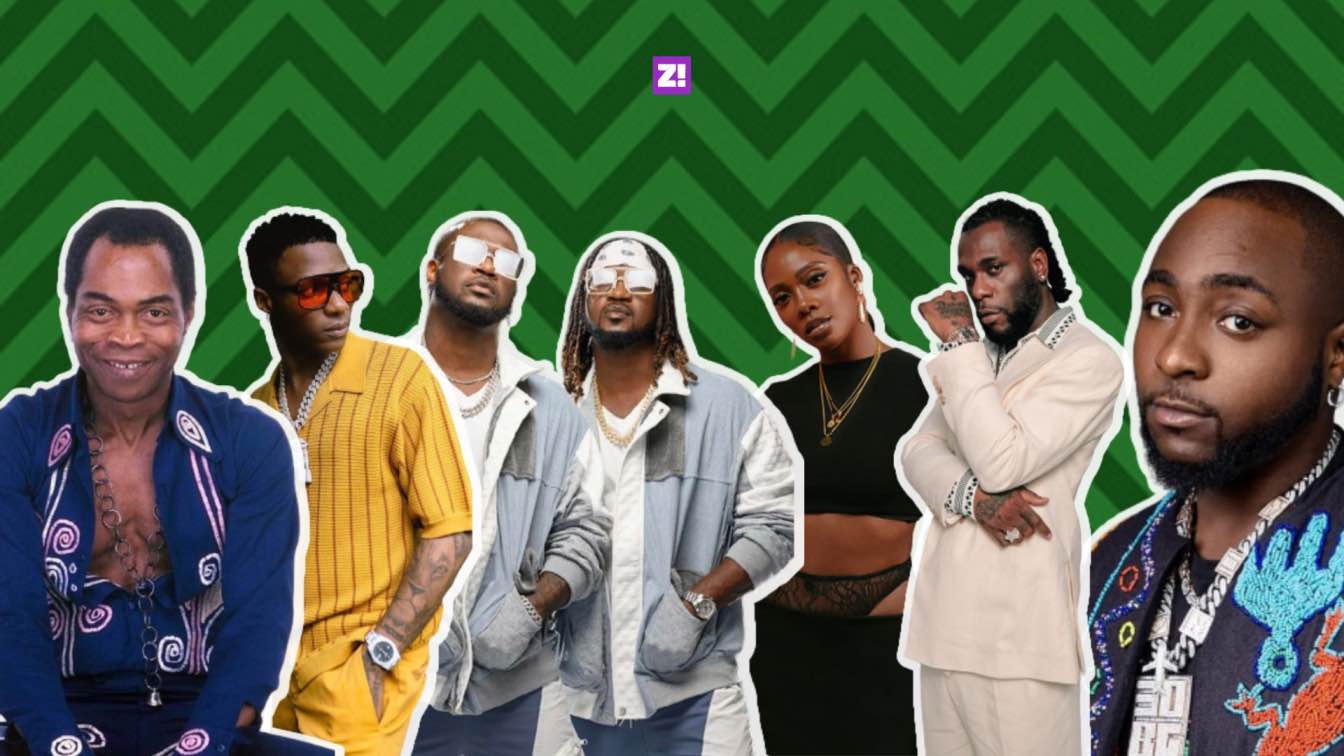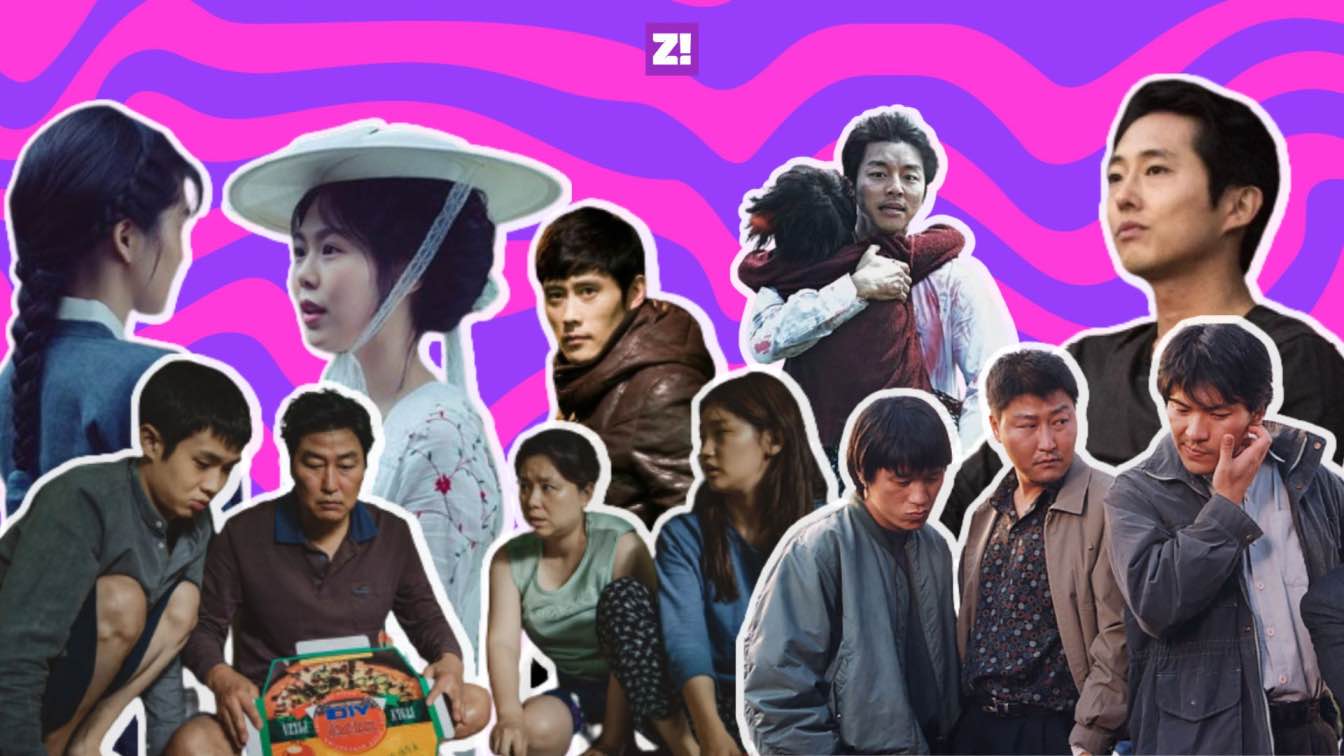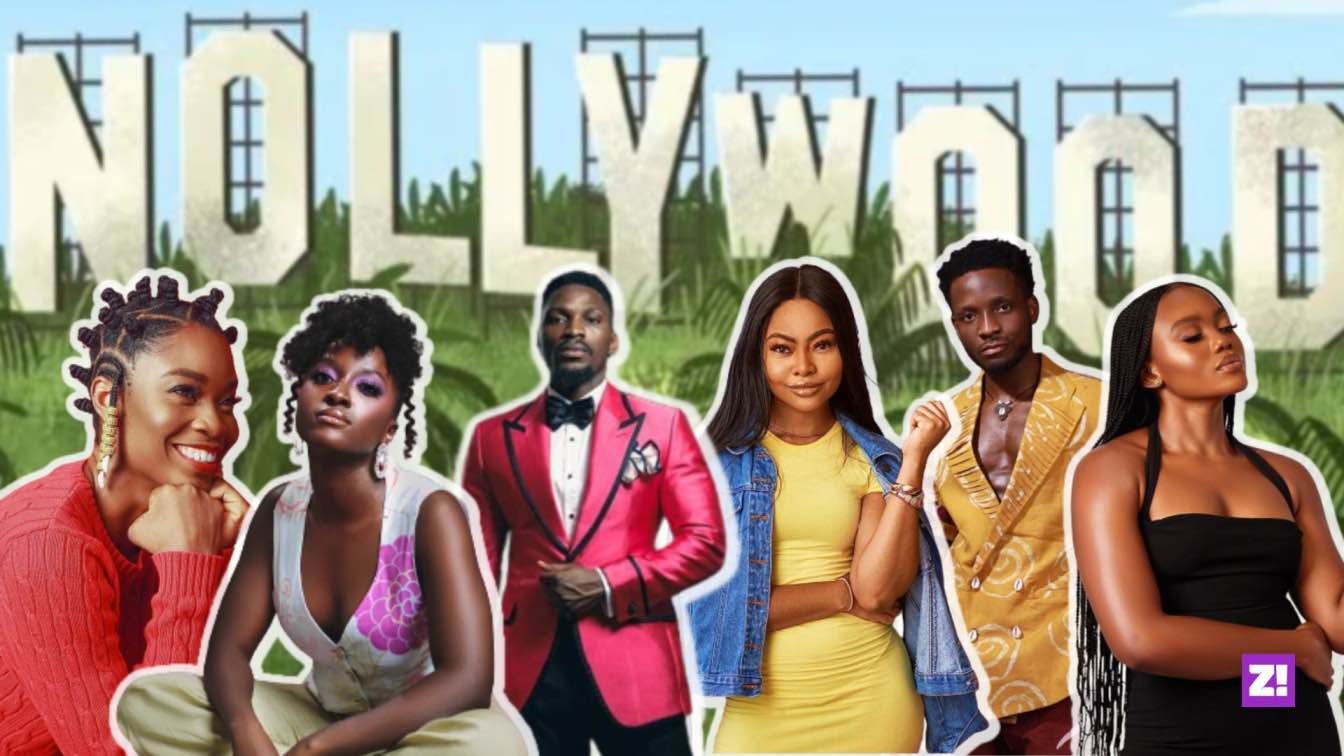What happens when young producers like Suté Iwar, Sir Bastien, DJ Lolu and Lobi remix popular hits from female acts like The Lijadu Sisters, Tiwa Savage, Sade Adu and Tems? The result is Golden Lady, a new compilation EP from Nigerian Funk, a group passionate about the preservation and documentation of Nigerian music.
With Nigerian art coming full circle as seen in the massive influence of Old Nollywood on pop culture today, I met with Nigerian Funk to discuss the importance of preserving Nigerian music, which Nigerian pastor used to be a massive pop star back in the day and why their first EP focuses on Nigerian female artists only.
Like many Nigerians, while we grew up around some classic Nigerian music, a majority of what we were exposed to growing up in the early and mid 2000s was foreign music. But as we got older, it became clear that there was a whole world of old school Nigerian music we just weren’t privy to.
Doing some research over the past two years, we discovered the rich, still relevant sounds from the 1970s, 1980s, 1990s and the early 2000s. Finding these songs also made it clear to us that one of the reasons we didn’t grow up with them was because we lacked a culture of preservation and documentation in Nigeria. Most of these songs were simply not in circulation anymore and people were forgetting about them.
We noticed all of this and decided to start Nigerian Funk as a way of preserving, celebrating and introducing the rich music and artists of our past to a younger generation.

What’s so important about preserving our musical history as Nigerians?
Our musical history is a huge part of our identity as Nigerians. Music tells our story as a people in the most beautiful way. Think about it, music has the power to transport you to a different time where you can hear the challenges and joys of that period. It reminds us of our past and who we were as Nigerian people.
Also, music as an art form is a major aspect of culture, and in order for us to understand, build, and propagate Nigerian culture in the world, it’s important for the mass populace to connect with it first.
RECOMMENDED: “The Astrology Memes Are My Favourite” – A Conversation with YungNollywood
So what part of this documentation process do you enjoy the most?
Discovering information we had no idea about before. A lot of what we’re finding is new to us too!
For example?
Did you know that Chris Okotie was a big pop star back in the 1980s performing at concerts in London before he became a pastor?
Scrim.
We also discovered that Silverbird boss and Senator, Ben Murray Bruce, used to have a record label back in the day and he signed the group, Xtasy, which was made up of his siblings Roy and Stella Bruce.
Nigeria also used to have what they called musical variety shows on NTA back in the day where rising and established musicians could perform their songs weekly. We don’t have things like that anymore. Luckily for us, we’ve found some of that footage.
That’s wild. So if I wanted to get into old school Nigerian music, what songs would you recommend for my playlist?
Hmmm. So let’s say Bobby Benson’s Taxi Driver (I Don’t Care) from the 1950s, Rex Lawson’s Sawale from the 1960s, Fela Kuti’s Jeun Ko Ku (Chop and Quench) from the 1970s, Oby Onyioha’s Enjoy Your Life from the 1980s and Alex Zitto’s Walakolombo from the 1990s.
If you don’t want to look for all of these songs yourself, you can check out our playlists.
I’ll check them out for sure. So pages like Nollybabes and YungNollywood re-introduced Old Nollywood to Nigerians, this time, through feminist lenses. What is Nigerian Funk trying to achieve for the culture?
We love those pages! At Nigerian Funk, We’re working towards placing old school Nigerian music in the consciousness of Nigerians, so that it becomes an aspect of our culture we celebrate, refer to, and pass on to the next generation.
We also want to make these songs accessible to everyone by creating events, experiences and physical spaces where everyone can interact with our musical past. We believe these songs can serve as a well of inspiration for contemporary musicians.
Talking about providing inspiration for a new generation, you guys dropped an EP called Golden Lady, tell me about it.
We made Golden Lady with the hopes of celebrating female musicians in Nigeria. Our research into Nigerian music showed a major imbalance that has never favoured women in the industry.
To once again bridge that gap between old school and contemporary, we reached out to some of the most exciting producers working in the industry today to give us their interpretation of both new and old female hits. We asked them to choose whichever sample they wanted to work with and remix it to whatever style they liked. We gave them total creative freedom and the project produced some really interesting musical moments.
This is the first of its kind. The EP shows the massive sampling resource we have in our Nigerian musical library, as well as the wide range of musical styles Nigerian producers are capable of.
Wow. I’m sold! If you guys could bring back one element of old school Nigerian music, what would you revive?
The wide range of songwriting that existed back in the day. The range artists back then had was incredible.
You know what? I agree. So what’s next for Nigerian Funk?
We’re working on some interesting audiovisual projects and live events that we’ll announce in due time. But right now, we’re curating 1980s Nigeria and we’ll move on to other decades right after.
ALSO READ: These Women Paved the Way for Afrobeats, So Give Them Their Flowers




